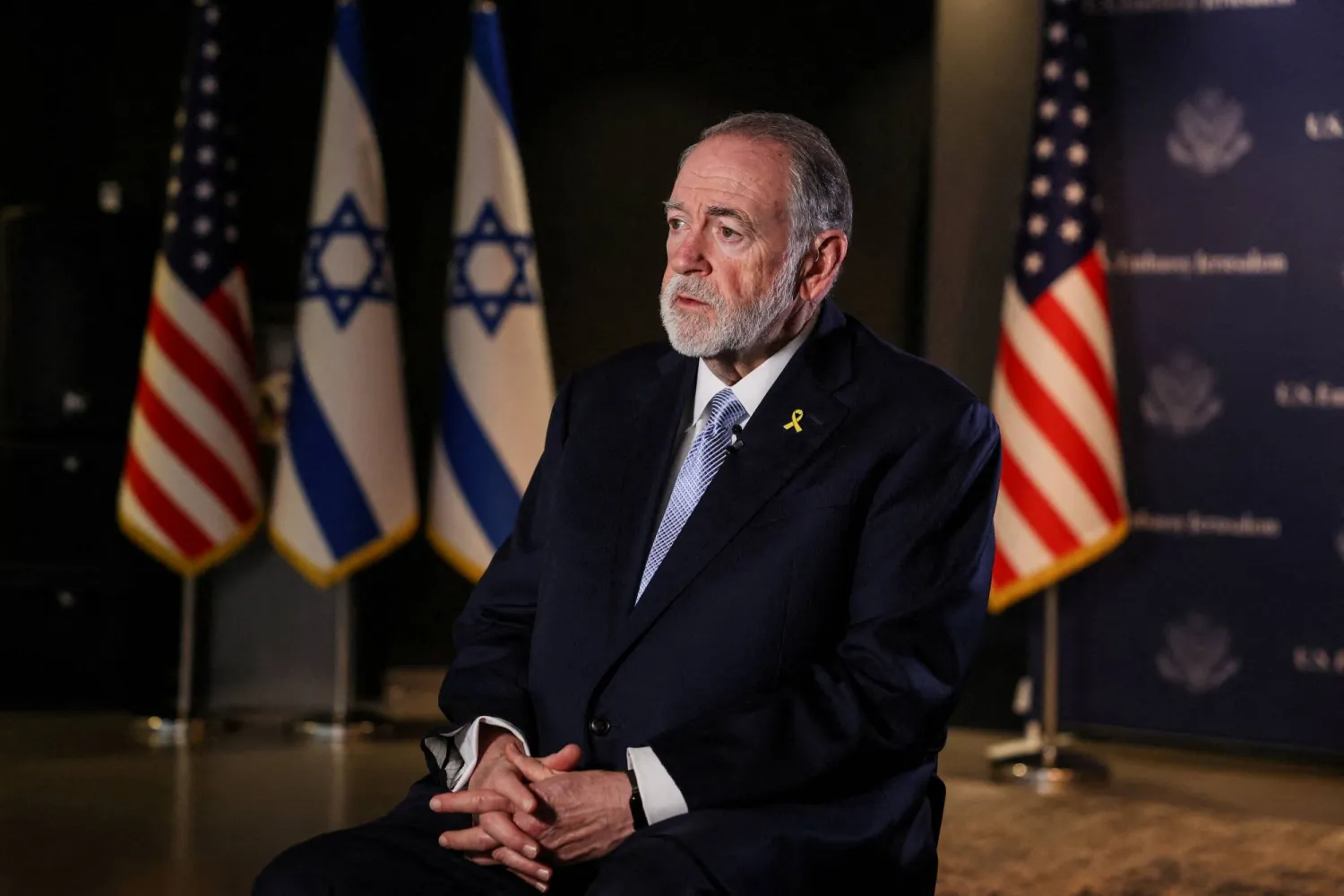A Hezbollah lawmaker said on Thursday the Israeli military had not so far captured any villages in southern Lebanon.
"They thought that by assassinating our leader and committing crimes against our people they would achieve what they want, and some rushed to reap the results, but the resistance has begun a new phase of resisting the aggression," MP Hassan Fadlallah said.
"The choice of the resistance leadership is to continue fighting with all means to prevent the enemy from achieving its goals and force it to stop its aggression," he added.
Fadlallah also told reporters that Hezbollah's leadership was carefully coordinating with Speaker Nabih Berri in efforts to secure a ceasefire in the fighting with Israeli forces.
Hezbollah said Thursday it has destroyed two Israeli tanks near the Lebanese border with "guided missiles", after close combat with Israeli troops staging incursions in the area.
The group targeted two Merkava tanks in Labbouneh near the coastal border town of al-Naqoura, as attacks escalated after Israel intensified bombing of the country last month. The attacks burned the tanks and caused casualties, Hezbollah said.
Hezbollah later targeted a group of soldiers between Kfarkila and Adaisseh.
The group also targeted Thursday Kfar Vradim and Misgav Am in northern Israel.
The Israeli military said it has killed a local Hezbollah commander in a southern Lebanese town near the border.
The military said Thursday that an airstrike on Bint Jbeil killed Hussein Awada, who it said was in charge of firing projectiles into Israel from areas near the town.
Israel bombed several towns in south Lebanon, including Houla, Zawtar, Arnoun, Aita al-Shaab, Anqoun, al-Rihan, Arab Salim, Kounine, Hanine, Ramia, Kfarkila, Kfarshouba, Shebaa and Siddiqine.
The Israeli army also ordered residents of al-Hawsh, al-Abbasiyeh, Tayr Dibba and Bourj el-Shemali in the Tyre district to evacuate and later struck the area.
In the eastern Bekaa valley, Israel's army raided the towns of Tamnnine, Saraaine and Sefri.
Military spokesman Avichay Adraee had ordered residents of the towns to leave, warning that the area would again be targeted by Israeli forces.









